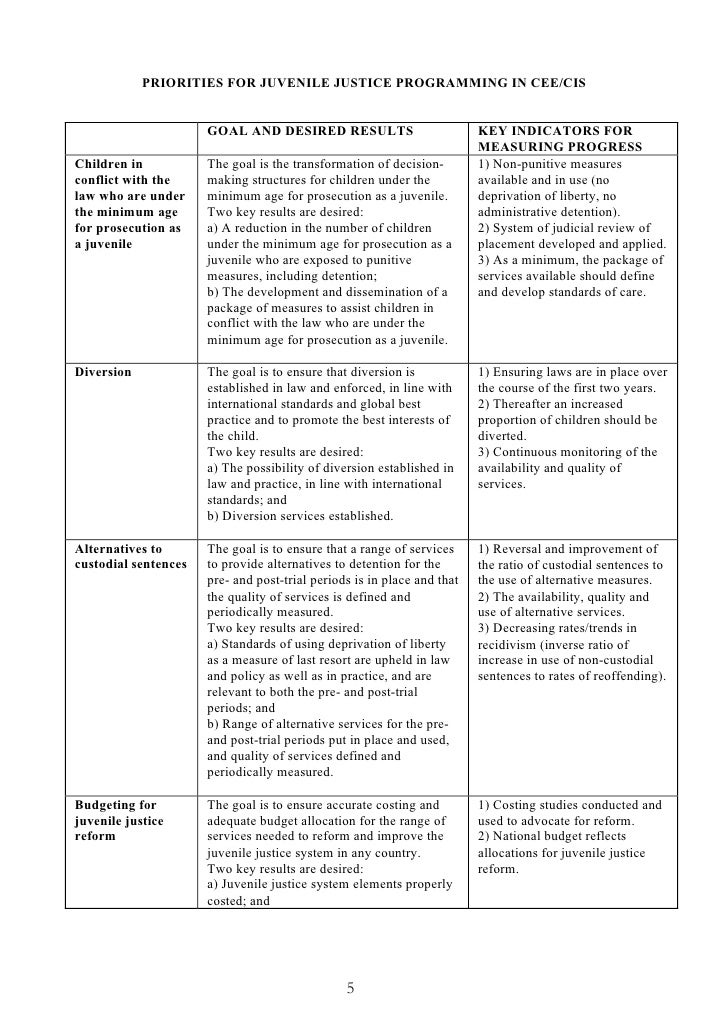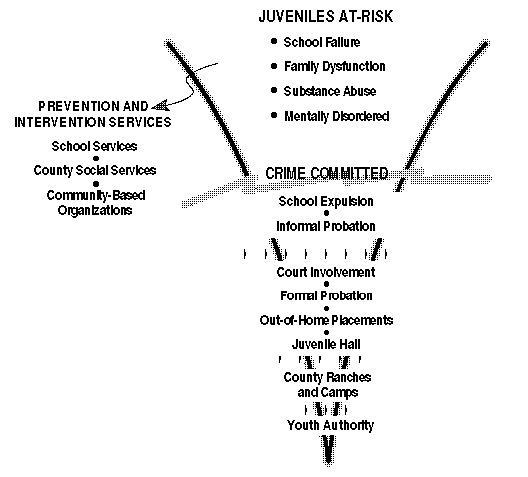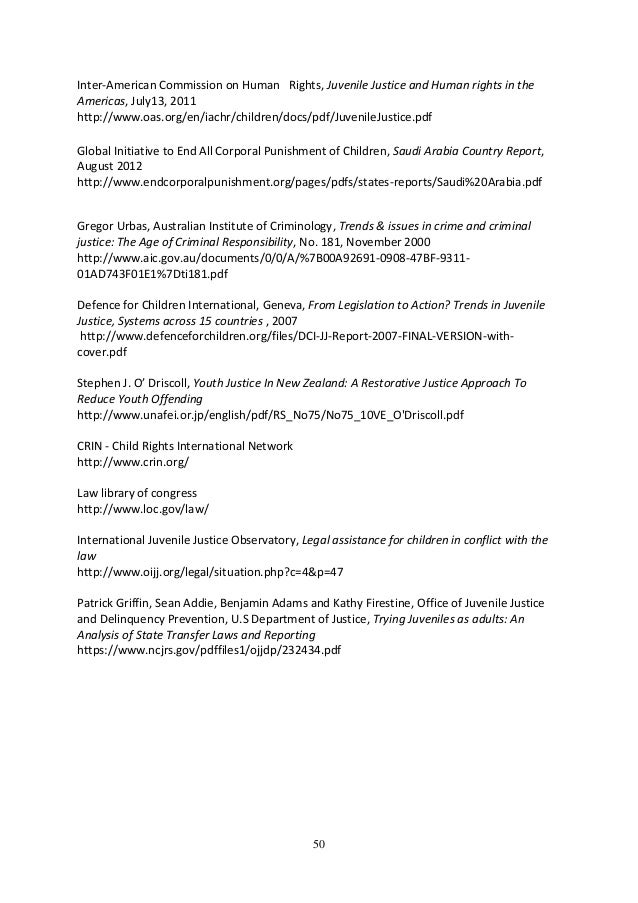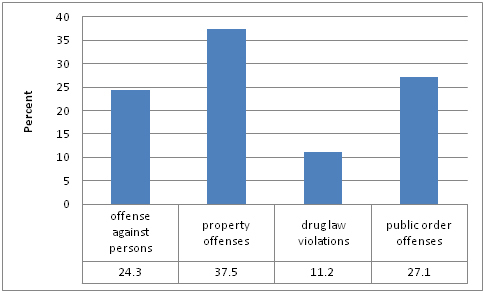Diversion Definition Juvenile Justice
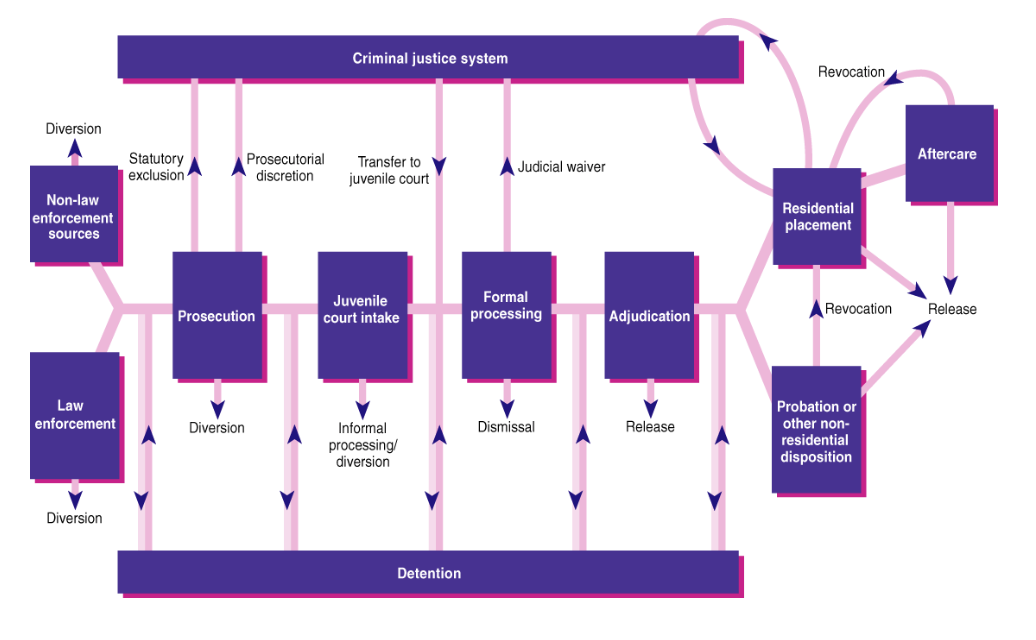
Diversion can occur at contact points ranging from arrest to adjudication but usually prior to disposition when a youth is formally sentenced by a judge rousch 1996.
Diversion definition juvenile justice. Diversion and juvenile justice. Juvenile diversion program means an organized effort to coordinate services for a child who is alleged to have committed a delinquent act when the organized effort results in the dismissal of a complaint alleging the commission of the delinquent act or results in informally. Regoli and hewitt 2000. Citation needed the concept of juvenile diversion is based on the theory that processing certain youth through the juvenile justice system may do more harm than good programs meant to divert juvenile delinquents are often fundamentally different from the programs meant.
A juvenile diversion agreement refers to an agreement entered into between a court designated worker and a child charged with the commission of offenses. Although those strategies referred to collectively as diversion take many forms a typical diversion program results in a person who has been accused of a crime being directed into a treatment or care program as an alternative to criminal. The goal of diversion is to remove youths as early in the juvenile justice process as possible to avoid later negative outcomes associated with formal processing such as increased odds of recidivism stigmatization labeling and increased criminal justice costs for more information on the potential harm of further processing into the juvenile. Diversion is a way of addressing an offense at the lowest level possible allowing a youth to enter into a diversion agreement which is a legal contract that requires youth to take steps to be accountable for their actions.
Iowa code definition of diversion. The purpose of the agreement is to serve the best interest of the child and to provide redress for those offenses without court action and without the creation of a formal court record. Iowa code 232 2 32a. Diversion any of a variety of programs that implement strategies seeking to avoid the formal processing of an offender by the criminal justice system.
Diversion law and legal definition in the context of criminal law diversion refers to diverting a defendant out if the criminal justice system by having them complete a diversion program rather than be incarcerated or serve another alternative sentence.

